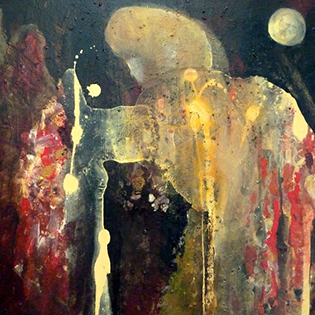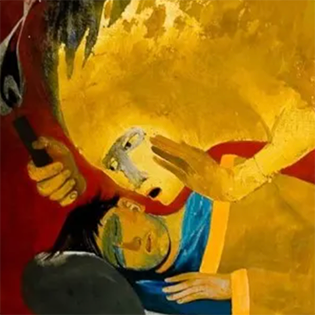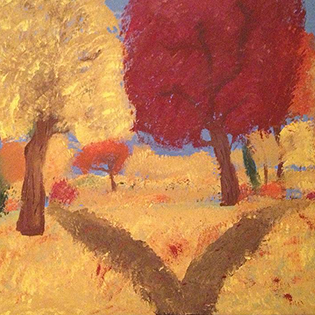A Dante Study
Anatomy of a Story
The Divine Comedy was written from 1308 to 1321 by the Italian poet Dante Alighieri. It is the seemingly simple story of a man, generally assumed to be Dante himself, who is miraculously enabled to undertake an ultra-mundane journey, which leads him to visit the souls in Hell, Purgatory and Paradise. He has two guides: Virgil, who leads him through the Inferno and Purgatorio; and Beatrice, who introduces him to Paradiso. Through these fictional encounters taking place from Good Friday evening in 1300 through Easter Sunday and slightly beyond, Dante learns of the exile that is awaiting him (which had, of course, already occurred at the time of the writing). This device allowed Dante not only to create a story out of his pending exile but also to explain the means by which he came to cope with his personal calamity. The depth of his imagery is summarized by the advice of the figure Virgil: "The way out is the way through."
Dante's Recovery
Have you ever been so swallowed up in something unfair happening to you that you couldn’t find your way out of it? The Italian poet Dante Alighieri found himself the victim of vicious politics in 13th century Florence. Eventually he would write an epic poem about it. Paul Patterson imagines what might have been going through Dante’s mind before he wrote The Divine Comedy. (Read More)
When The Teacher Comes
Facing ourselves honestly is a bitter pill to swallow; we hope it is also good medicine. At the end of our rope, a guide or mentor can be just what is needed to move from self-pity to wholeness. If we can learn to trust. Dante fears that the bitter but gracious truths he had learned about himself will die with him, leaving no opportunity to be translated into life. He is ready for a teacher, but the Teacher has not come. Paul Patterson continues to channel Dante’s imagination through the next part of The Divine Comedy.(Read More)
Tools of Character
As difficult as it is to learn to trust a mentor, it is even more arduous to break down our self suspicion. Do we have what it takes to break free of the entanglements of the Dark Wood? As we stare down the antagonist within, Dante reminds us that love guides our recovery, turning us towards a deep hope. (Read More)


